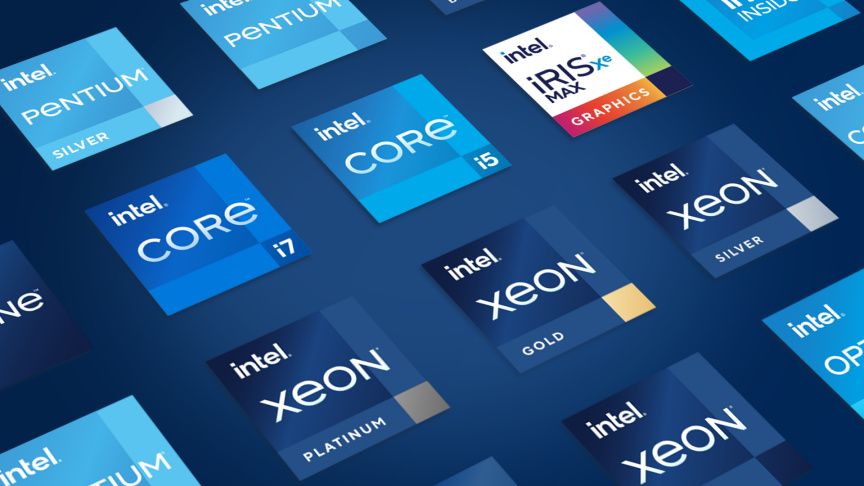CES is kicking off, and since it's always a big PC show, Intel has a whole bunch of announcements. The firm introduced the rest of its 12th-gen desktop processors, its all-new H-series chips for gaming laptops, and it even detailed the SKUs of the new P-series and 12th-gen U-series. While not specifically a product announcement, it also unveiled its 3rd Edition Intel Evo specs. That's a whole lot that's new.
What is Intel Evo?
If you're totally unfamiliar with Intel Evo, just think of it as a product brand that you want to see on your next PC. It was introduced alongside Intel's 11th-gen processors and before that, it was only known as Project Athena.
It's basically a set of core experiences and specs that sets a standard for laptops. This includes things like performance, battery life, connectivity, and more. For the previous generation, a laptop had to have 11th-gen processors, Thunderbolt 4, a certain amount of battery life, and so on.
If you see Intel Evo branding on a laptop, it means that the company has vetted this device, and it has declared that it offers the best possible experience.
What's new with Intel Evo 3rd Edition
Intel Evo 3rd Edition might be the biggest change to Evo yet. Here's a high-level view of it:
- All-new requirements for ultrabooks
- Intel Evo for H-series laptops
- Intel Evo for foldable screen devices
Obviously, to meet this standard, a laptop will need to be running 12th-gen processors. Here are some new specs:
- 12th-gen SoC
- Intel Wi-Fi 6E (not available in all markets)
- Intel Connectivity Performance Suite (only on Windows)
- Dynamic Background Noise Suppression
- >=FHD camera (not all models will have this)
- Intel Visual Sensing Technology
Here's what Intel listed for key experiences:
- Responsiveness from anywhere
- Real world battery life
- Instant wake
- Fast charge
- Intelligent collaboration
Note that while details change based on the type of device, those key experiences remain the same.
Yes, it's disappointing that not all Evo-certified laptops will have FHD or better webcams. The only laptop being announced at the show that has a sub-FHD camera is the Dell XPS 13 Plus though. It's unclear if we'll see anymore going forward, but Intel said there were some designs that have too slim bezels for an FHD sensor, so it focused on the quality of the HD sensor instead.
Why it matters
Intel Evo itself is meant to be a brand you can trust on a PC. If you buy an Evo-certified machine, you're not going to have buyer's remorse. That's the whole point.
Bringing it to H-series and foldables is a big deal. H-series processors typically go in these big, beefy machines and they're paired with dedicated graphics. Essentially, you end up trading battery life for power, and that's usually acceptable depending on what you're using it for. But Intel doesn't want you to have to make that compromise. For the first time, it's holding H-series laptops to the same standard as U-series laptops.
Of course, certain things are different. For example, Intel Evo requires devices to be thin and light. The rules on how thick or heavy it can be are going to vary based on the hardware inside.
The other half of the story is Intel Evo for foldable-screen PCs. That's a big deal because to begin with, foldables are barely a category in the PC market. Lenovo shipped the ThinkPad X1 Fold a while back, but that's all we've seen from that.
You might recall that in that original round of foldables with Lenovo's entry, Microsoft's defunct Surface Neo, and so on, they were using Intel's Lakefield chips. Those chips were the first to use the company's hybrid technology, but they weren't very good. These upcoming foldables will, for the most part, use 12th-gen UP4 processors, and they'll be coming in 2022. One will actually be announced this week at CES.

